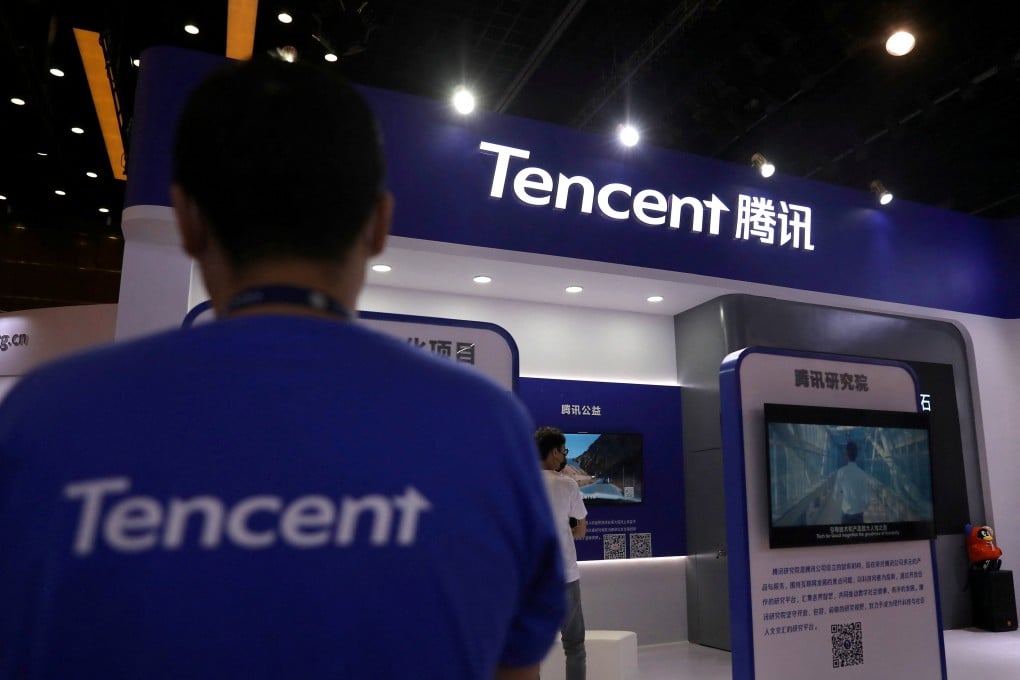China approves 27 overseas video games, from Merge Mansion to Audition: Everybody Party, in a sign of regulatory leniency
- The Chinese body in charge of licensing video games published a list of newly approved titles, which include 22 mobile titles and three PC games
- The latest approvals come only 90 days after authorities gave the green light to 44 imported game licences on December 28

China has granted licences for the domestic release of 27 foreign games, less than three months after the previous approval at the end of last year, in a positive sign for the gaming industry which has faced strict regulatory oversight in recent years.
Tencent, the world’s largest video gaming publisher by revenue, received a licence for the mobile discovery puzzle game Merge Mansion from Finnish game studio Metacore.
NetEase, China’s second-largest gaming company, secured a licence for Audition: Everybody Party, a mobile game based on the intellectual property of Audition, a popular Japanese dance and rhythm game.
China’s online entertainment giant Bilibili also won approval for Shanyao! Youjunshaonu, the Chinese version of the simulation game Uma Musume Pretty Derby, which was developed by Japanese company Cygames.
Shanghai-based Chinese gaming firm XD Inc secured two licences, including for Gorogoa, a puzzle game, and Wizard of Legend, a roguelike game released by American studio Contingent99.